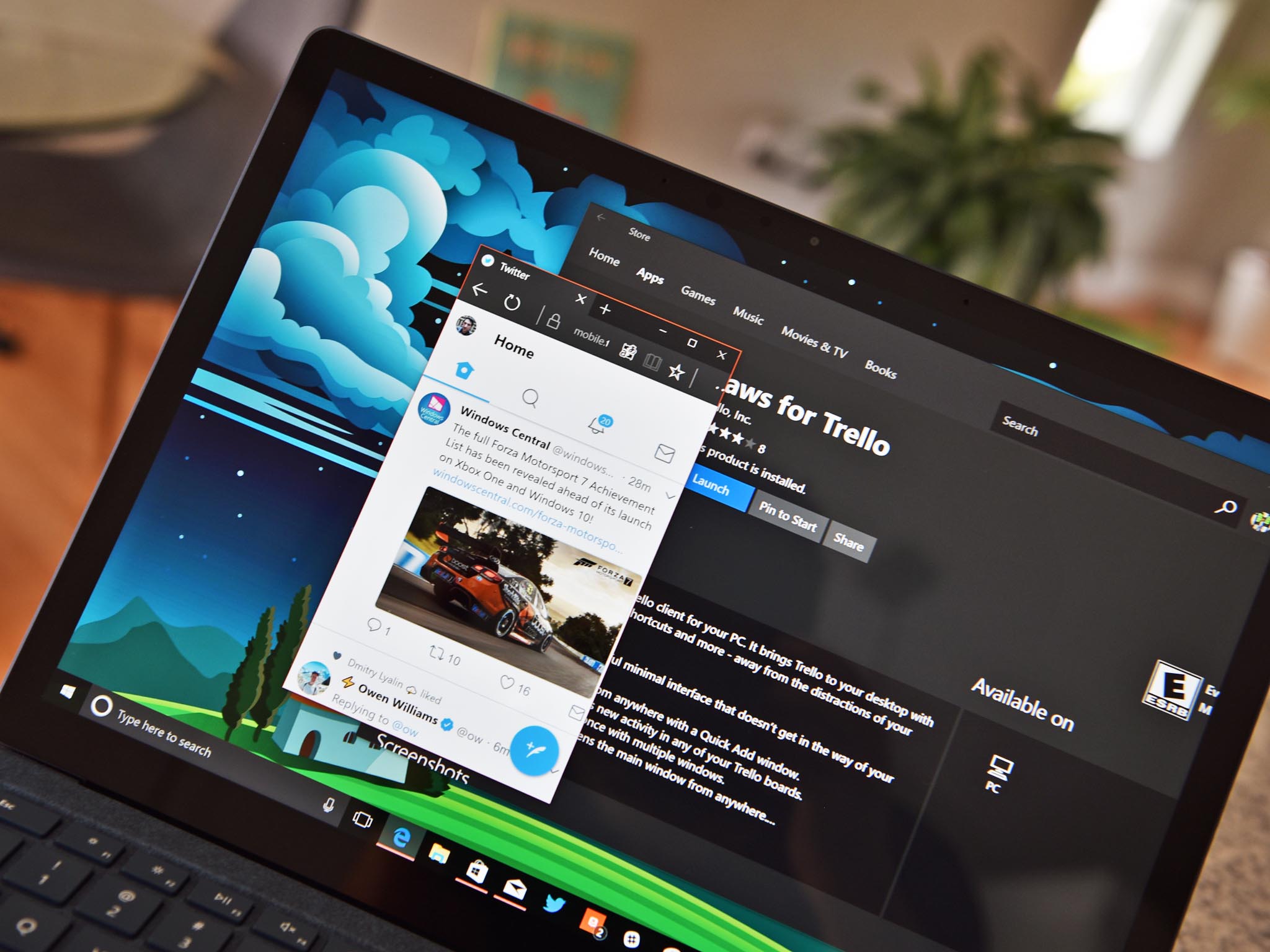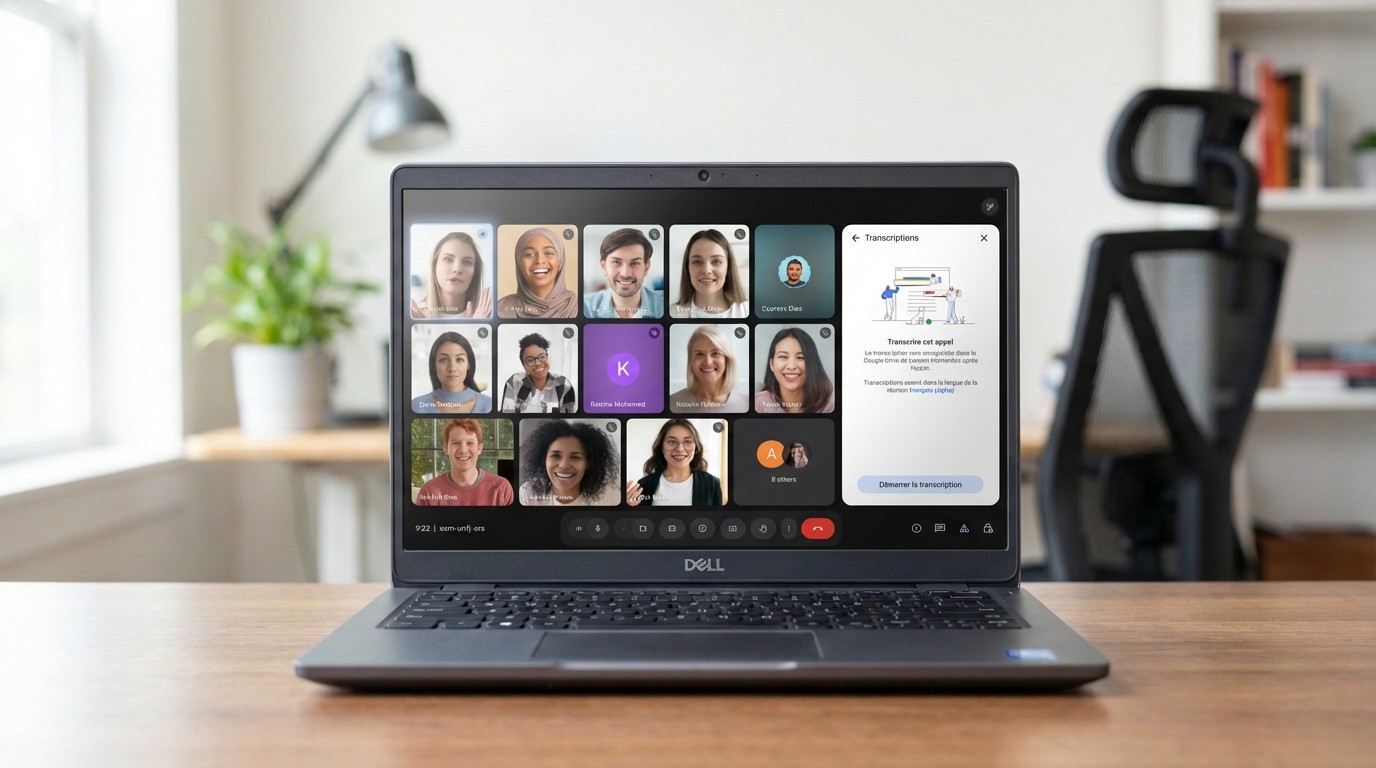Microsoft readies Progressive Web Apps for Windows 10 and the Microsoft Store
Microsoft has today announced that it will be automatically bringing PWAs to the Microsoft Store, and has detailed its plans for PWA support in Windows 10 Redstone 4.

All the latest news, reviews, and guides for Windows and Xbox diehards.
You are now subscribed
Your newsletter sign-up was successful
Microsoft has today outlined its plans for introducing Progressive Web Apps (PWA) to Windows 10 and Microsoft Edge. In a blog post on the official Windows Blog, Microsoft states that starting with Redstone 4, PWAs will be supported in both Windows 10 and Microsoft Edge with service workers, and has outlined how it plans to get PWAs into the hands of users.
Starting very soon, Microsoft will start crawling and indexing PWAs that it thinks are high-quality enough to be listed in the Microsoft Store. Developers will, of course, be able to submit their own apps, but Microsoft will also be adding PWAs to the Store automatically, meaning the Store should soon see an influx of new Windows 10 apps powered by PWA.
The company says it has indexed over 1.5 million PWAs, and will roll out a small selection of them in the Microsoft Store over the coming weeks. This is a huge deal, as it means more apps will now be available on the Microsoft Store with little to no effort at all. Developers can, if they wish, add support for specific Windows 10 features such as Actionable Notifications, live tile support and more, too.
Progressive Web Apps are just great web sites that can behave like native apps—or, perhaps, Progressive Web Apps are just great apps, powered by Web technologies and delivered with Web infrastructure. Technologically speaking, PWAs are web apps, progressively enhanced with modern web technologies (Service Worker, Fetch networking, Cache API, Push notifications, Web App Manifest) to provide a more app-like experience.We've announced before in several venues that we're all-in on PWAs. In fact, as hinted above, we want to take PWAs on Windows to the next level, by making them first-class app citizens in Windows. This follows from our general philosophy that the web platform, powered by EdgeHTML, is a core part of the Universal Windows Platform on Windows 10.Whether automatically indexed by the Store or manually submitted by the site owner, the Web App Manifest provides the starting set of information for the app's Store page: name, description, icons, and screenshots. Developers should aim to provide complete and high-quality information in the manifest. Once in the Store, the publisher will have the option of claiming their apps to take complete control of their Store presence.
Microsoft is all in on PWAs, and that's a good thing. This should, hopefully, keep UWP afloat, at least for now. Developers can build an app that targets PWA, and can be deployed across Google, Apple and Microsoft. From there, if the developer wants, they can add support for specific platforms such as live tile support on Windows 10. Let's hope PWA helps Microsoft push its Windows Store efforts further, because right now, it's somewhat lacking.
All the latest news, reviews, and guides for Windows and Xbox diehards.

